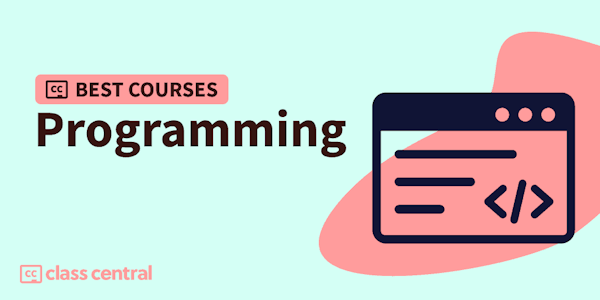Overview
Explore the fundamentals of COBOL and Mainframe programming, the backbone of many key applications today, especially in the finance sector. This path guides you from basic COBOL syntax and data types to advanced data management, control structures, and file handling.
Syllabus
- Introduction to COBOL Programming
- Kick off your COBOL programming journey by writing your first COBOL program. This course covers the basics of COBOL syntax, the structure of a COBOL program, simple data definitions, and displaying output, preparing you for more advanced topics.
- COBOL Data Types Deep Dive
- Dive deeper into COBOL data types and learn how to handle strings, signed integers, and decimal numbers. This course will help you understand how to define and manipulate different data types in COBOL programs.
- Enhanced COBOL Data Management
- Expand your foundational COBOL knowledge with a focus on more sophisticated data structures and arithmetic operations. This course will deepen your understanding of group items, arithmetic operations, and their practical applications, setting the stage for advanced data handling and computations in COBOL programs.
- COBOL Control Structures
- Gain a deeper understanding of control structures in COBOL. This course will teach you how to navigate complex decision paths using IF statements and EVALUATE statements, and how to loop through several values, all crucial for making decisions in banking applications.
- COBOL File Handling
- In this course, learn how to handle files in COBOL. This is crucial for banking applications that need to store and retrieve customer and account information. You'll start with basic file operations and gradually move to more complex file handling.
Courses
-
Kick off your COBOL programming journey by writing your first COBOL program. This course covers the basics of COBOL syntax, the structure of a COBOL program, simple data definitions, and displaying output, preparing you for more advanced topics.
-
Dive deeper into COBOL data types and learn how to handle strings, signed integers, and decimal numbers. This course will help you understand how to define and manipulate different data types in COBOL programs.
-
Expand your foundational COBOL knowledge with a focus on more sophisticated data structures and arithmetic operations. This course will deepen your understanding of group items, arithmetic operations, and their practical applications, setting the stage for advanced data handling and computations in COBOL programs.
-
Gain a deeper understanding of control structures in COBOL. This course will teach you how to navigate complex decision paths using IF statements and EVALUATE statements, and how to loop through several values, all crucial for making decisions in banking applications.
-
In this course, learn how to handle files in COBOL. This is crucial for banking applications that need to store and retrieve customer and account information. You'll start with basic file operations and gradually move to more complex file handling.


